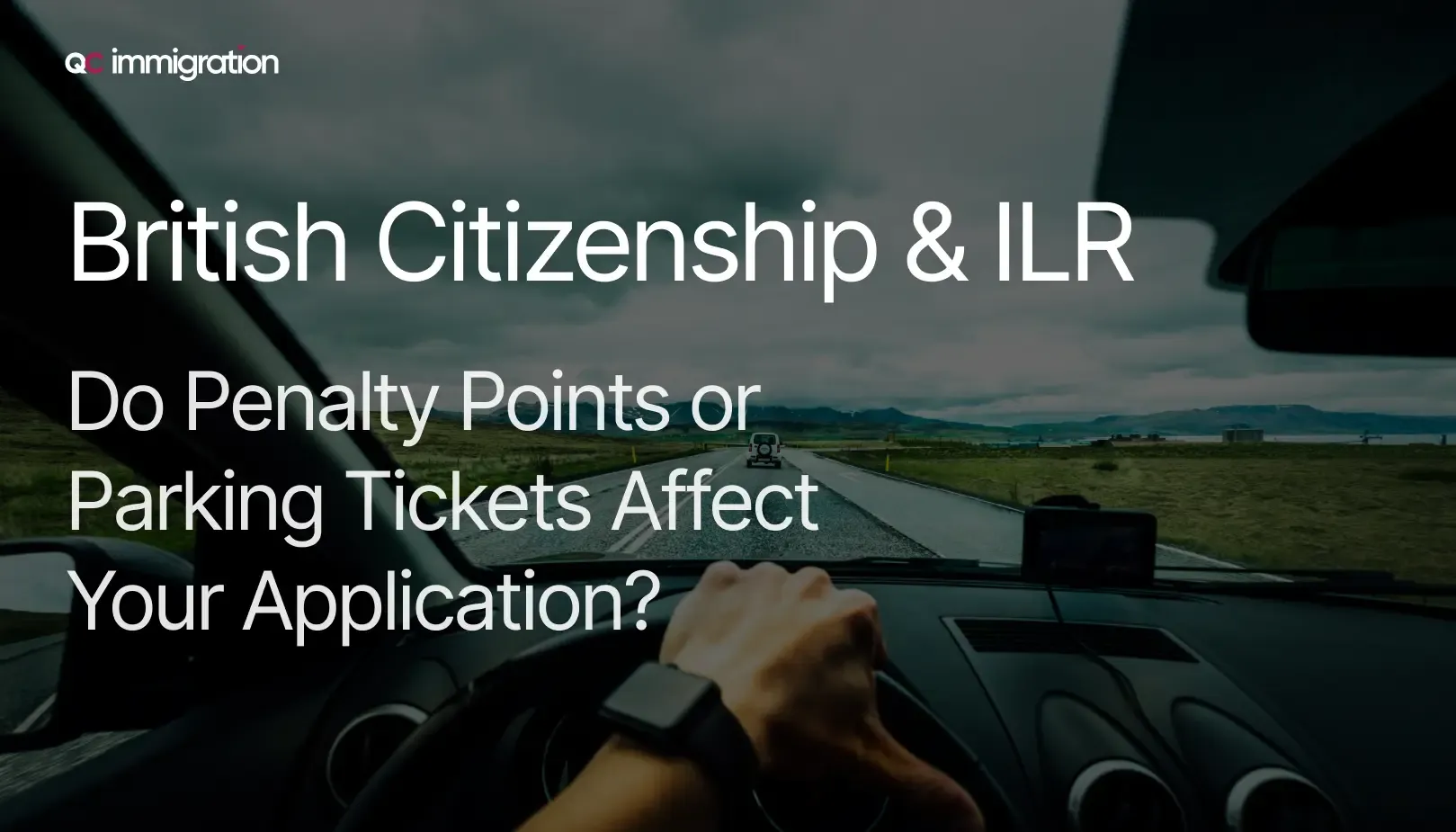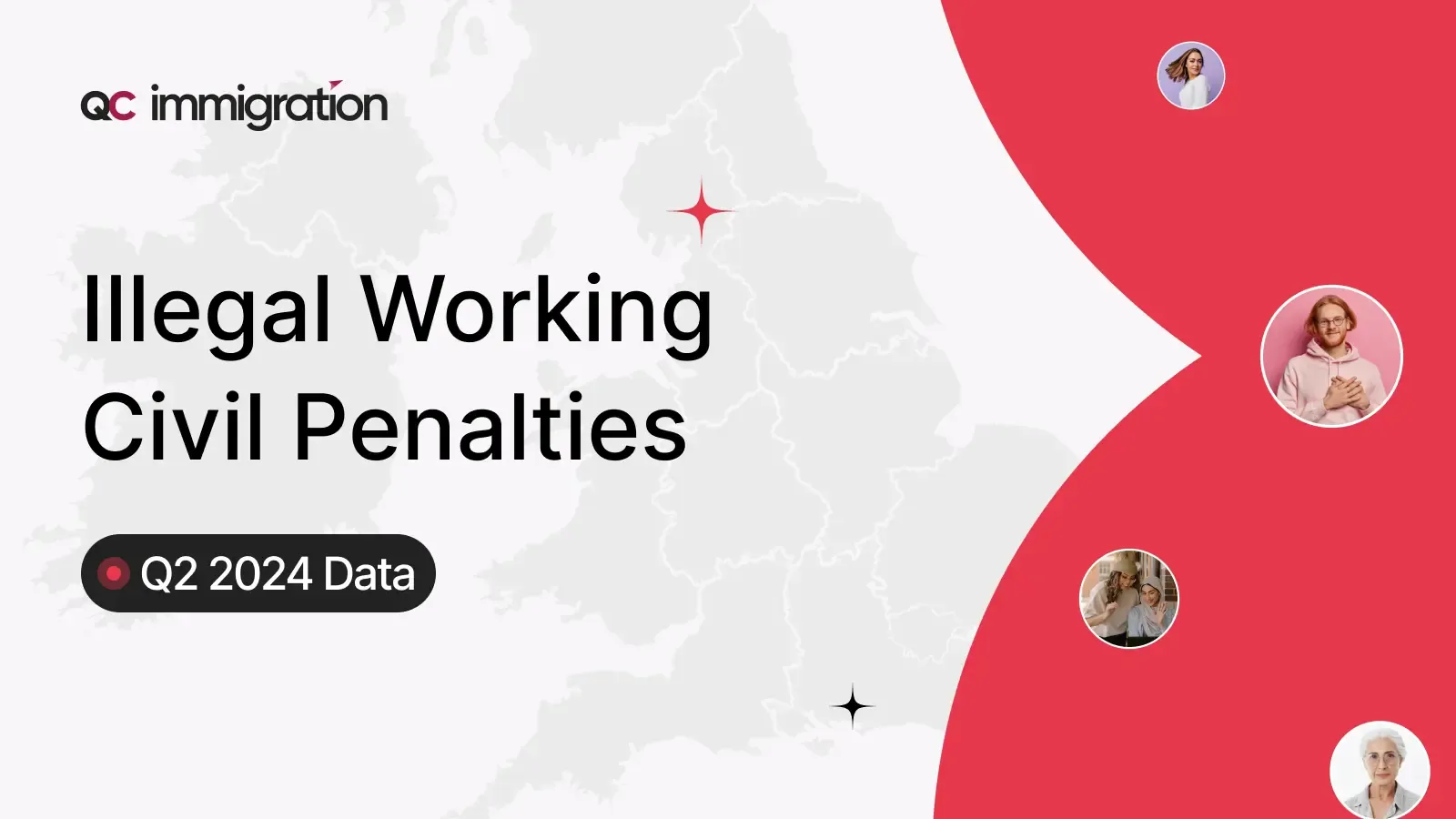Key Takeaways
If you lose your job on a Skilled Worker visa, you typically have 60 days (or until your visa expires, whichever comes first) to find a new job with a licensed sponsor, switch to another visa, or leave the UK.
Your employer must inform the Home Office of your job loss within 10 days, triggering the curtailment of your visa.
Before starting work, you must secure a new sponsoring employer and apply for a new Skilled Worker visa. Alternatively, explore other visa routes, such as the Spouse, Student, or Global Talent visa.
Losing your job can disrupt your ILR eligibility if you haven’t met the five-year continuous employment requirement. Dependents may also be affected.
If you fail to secure a new visa or leave within 60 days, you risk overstaying, which can lead to deportation and future re-entry bans.
Immediate Effects on Your Skilled Worker Visa
If you have been working in the UK under a Skilled Worker visa (or its former equivalent, the Tier 2 visa), the validity of your visa is typically dependent on remaining employed by a licensed employer Sponsor and continuing in the role for which your leave was granted.
If your employment is terminated, this is likely to affect the validity of your visa and your permission to remain in the UK. This applies regardless of whether your job is terminated through redundancy, dismissal, or resignation.
Your employer must notify the Home Office of your employment termination within 10 days. Once notified, you will typically have 60 days (or until your visa’s original expiry date, whichever comes sooner) to either:
- Find a new job with a licensed sponsor and apply for a new Skilled Worker visa.
- Leave the UK to avoid overstaying a visa and breaching immigration rules.

During this period, you must secure a job offer that meets the Skilled Worker visa requirements, including the minimum salary threshold and sponsorship from a licensed employer.
If you cannot find a new sponsor or switch to another qualifying Visa category, you must leave the UK within the 60-day period.
Employer Responsibilities For Notifying the Home Office
If you lose your job while on a Skilled Worker visa, your employer has legal responsibilities to follow to stay compliant with UK immigration rules. One of the most important steps they need to take is reporting your job loss to the Home Office within 10 working days using the Sponsor Management System (SMS).
Failing to report this on time seriously breaches their sponsor duties. It could lead to penalties such as suspension or even revocation of their sponsor licence, which may also impact your ability to stay in the UK.
Once the Home Office is notified, they’ll start curtailing your visa. You’ll likely receive a letter confirming this, usually stating that your visa will be shortened to 60 days from the date of the letter (unless it was already set to expire sooner).
Understanding the 60-Day Grace Period
If you lose your job while on a Skilled Worker visa, the Home Office may revoke your visa since it is directly tied to your employment. However, in most cases, you’ll be granted a 60-day grace period to either find a new job with a licensed sponsor, switch to another visa category, or make arrangements to leave the UK.
The Home Office typically sends a formal letter to confirm your situation, but this letter may not always be issued right away. As a result, you may have more than 60 days in practice. However, it's essential not to depend on these delays—time is limited, and everyday matters.

What You Can and Can’t Do During the Grace Period
- You cannot start a new job until your new visa application is approved. This means your priority should be securing a new sponsor and submitting your application as soon as possible.
- If your original visa had less than 60 days remaining during job loss, the grace period may be shorter. This makes it even more urgent to act quickly.
- Exploring alternative visa options is crucial if you’re unable to secure a new sponsor. Otherwise, you must leave the UK before the grace period ends.
Options For Remaining in the UK
Find a New Sponsoring Employer
After losing your job, one option is to find a new job with a sponsoring employer who can provide a Certificate of Sponsorship (CoS). A new job must meet eligibility criteria, including being a genuine vacancy at the appropriate skill level and meeting the minimum salary threshold.
Once you secure a new job offer, you must submit a Skilled Worker visa application before your current permission expires. You must wait for confirmation of your new permission before starting work with your new employer.
If your new job involves a change of employer, you must apply to update your visa with UKVI and provide a new Certificate of Sponsorship. This process includes submitting a visa application with supporting documents and providing biometric information, such as fingerprints and a photo.

If you have been in the UK for less than a year when you apply, you must provide proof of your knowledge of English and evidence of financial means to support yourself.
If you own a business, you can self-sponsor under the Skilled Worker route. This is often referred to as the 'Self-Sponsorship visa,' although this is not the official name. However, this option comes with its own requirements and challenges. Remember that you cannot work while searching for a new job until you secure a new visa, especially if you are among the skilled worker visa holders.
Switching to a Different Visa
Consider other UK visa routes if you cannot find a new sponsoring employer. Potential alternatives include the Student visa, Spouse visa, Innovator Founder visa or the Global Talent visa route. Each of these options has specific eligibility criteria you must meet. For instance, a student visa requires you to be enrolled in a full-time course, while a spouse visa requires a genuine relationship with someone holding British citizenship.
Application Process
If you apply for a new visa, you must not start your new job until your application has been approved. It is crucial to submit your visa application before your leave expires to avoid gaps in your immigration status.
You can serve your notice period at your current job while UKVI assesses your new application.
Visa application decisions typically take up to eight weeks, during which you can remain in the UK as long as your application is being processed. Leaving the UK during the application process can create complications, so avoid doing so.
Impact on Indefinite Leave to Remain Applications
If you have lived in the UK continuously for five years under either a Skilled Worker visa or the previous Tier 2 (General) work visa, you may be eligible to apply for Indefinite Leave to Remain (ILR).
However, if you have not yet met the five-year requirement, losing your job can impact your ILR eligibility, as continuous employment with a sponsoring employer is a key requirement. If you lose your job, you must secure new employment with an appropriate sponsor and continue meeting the five-year residence requirement to remain eligible for ILR.
The immigration status of dependents is also affected by the primary visa holder’s job loss. Without securing a new visa or immigration status, your dependents may also have to leave the UK. However, depending on your spouse's immigration status, alternative visa options—such as a Partner visa—may be available for eligible individuals after job loss.
Leaving the UK

If you decide to leave the UK after losing your job, you must make arrangements to depart within the allotted 60-day period. Overstaying can put you at risk of deportation and may result in a ban on re-entry, even if you leave voluntarily at your own expense.
This can also impact your dependents, so planning well ahead of the deadline is essential to ensure a smooth transition.
If you’re unsure about your next steps, seeking legal advice early can help you explore your options and make the best decision.
Taking Action
Losing your job on a Skilled Worker visa is undoubtedly challenging, but understanding the necessary steps can significantly affect whether you remain in the UK or plan to return later if you decide to leave.
From understanding the immediate impact on your visa status to finding a new job or switching visas, being aware of the rules and taking proactive action is essential. Take control of your situation, act quickly, and explore all available options to protect your immigration status and future in the UK.








